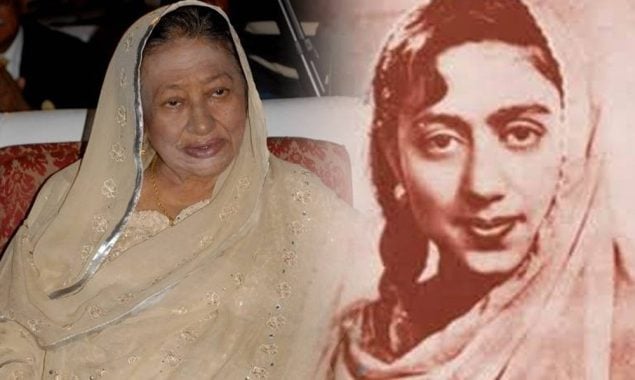Twelve years after her passing, the timeless voice of Zubaida Khanum — one of Pakistan’s most celebrated playback singers — continues to resonate across generations, reminding listeners of an era when melody and meaning walked hand in hand.
Born in Amritsar in 1935, Khanum migrated to Lahore after the partition of the subcontinent, where she began her illustrious career in 1951 with the film Billo. Her breakthrough came with the 1953 film Babu, whose songs cemented her as a household name across Pakistan.
Over her career, Zubaida Khanum lent her voice to more than 250 songs in around 150 Urdu and Punjabi films, capturing the essence of romance, longing, and hope in each composition.
She was often described as the most successful female singer of the 1950s, second only to the legendary Noor Jehan, earning her a revered place in South Asian music history.
Some of her iconic songs — including “Tere Bina Yun Dil Lagta Nahin” and “Ae Dil Kisi Ki Yaad Mein” — remain deeply cherished by classical music lovers today.
Khanum passed away on October 19, 2013, but her voice endures — on vinyl, in archives, and in the hearts of those who grew up listening to her.
For many, Zubaida Khanum was not just a singer but a symbol of an era when melody carried emotion and simplicity defined art — a voice that may have fallen silent, yet will never fade.



